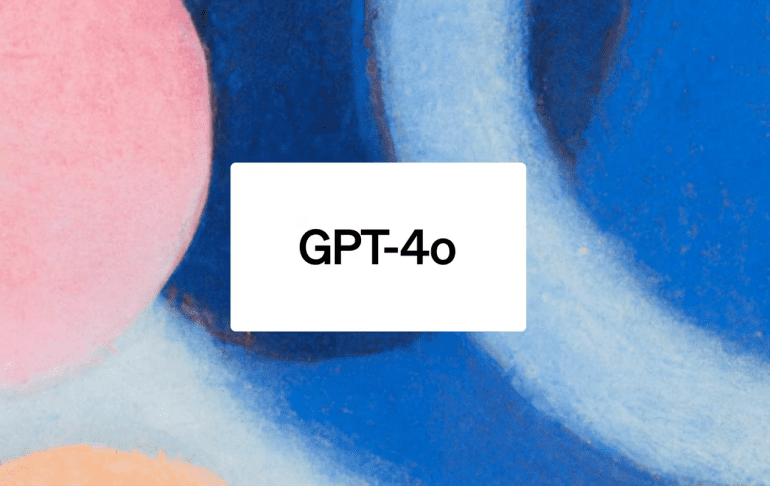- OpenAI introduces fine-tuning for GPT-4o, its most advanced AI model.
- GPT-4o processes text, audio, and video in real time with high accuracy.
- Fine-tuning aligns the model with specialized tasks, improving performance and reducing costs.
- Customization allows for specific use cases, like university-level coding tutors.
- Early testing shows exceptional results, particularly in text-to-SQL tasks.
- Fine-tuning services are available for GPT-4o and GPT-4o mini models at competitive pricing.
- OpenAI offers free training tokens to encourage early adoption.
Main AI News:
OpenAI has unveiled a fine-tuning feature for its cutting-edge GPT-4o model, enabling developers to create customized AI solutions tailored to specific needs. GPT-4o, OpenAI’s most advanced model, processes text, audio, and video with remarkable speed and human-like accuracy, setting a new standard in real-time AI interactions.
Fine-tuning refines pre-trained AI models, aligning them with specialized tasks or datasets. While these models are broadly capable, they often need more profound expertise in specific areas. Fine-tuning sharpens their focus, transforming them into experts in targeted domains—like refining an employee’s skills for a specialized job.
This new capability allows developers to fine-tune GPT-4o, enhancing its performance and reducing costs for particular use cases. The process can adjust the model’s tone, behavior, or area of focus. For example, a model could be fine-tuned as a university-level coding tutor, excelling in languages like C++ and Ruby while tailored to specific course materials, exams, and interactive styles.
Initial testing of fine-tuned GPT-4o models has yielded outstanding results. Distyl AI Inc., a leader in AI solutions for Fortune 500 companies, recently achieved the top position in the BIRD-SQL benchmark, a premier test for text-to-SQL performance. Leveraging a fine-tuned GPT-4o model, Distyl reached a 71.83% execution accuracy, showcasing exceptional capabilities in query reformulation, intent classification, chain-of-thought reasoning, and self-correction.
OpenAI now offers fine-tuning services for GPT-4o and the more budget-friendly GPT-4o mini models, available to developers across all paid usage tiers. Fine-tuning costs are $25 per million tokens, with deployment pricing at $3.75 per million input tokens and $15 per million output tokens. To encourage adoption, OpenAI provides up to 1 million free training tokens daily for GPT-4o and 2 million tokens for GPT-4o mini through September 23, making it easier for developers to take advantage of this powerful new feature.
Conclusion:
Introducing fine-tuning capabilities for GPT-4o marks a significant step forward in the AI market, allowing businesses to leverage highly specialized, cost-efficient models tailored to their unique needs. This innovation will likely drive increased adoption of AI across various industries, enabling companies to enhance productivity and create more personalized user experiences. As fine-tuning becomes more accessible, we can expect a surge in demand for AI-driven solutions, further intensifying competition in the AI market and pushing the boundaries of what these models can achieve.

